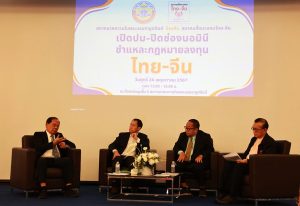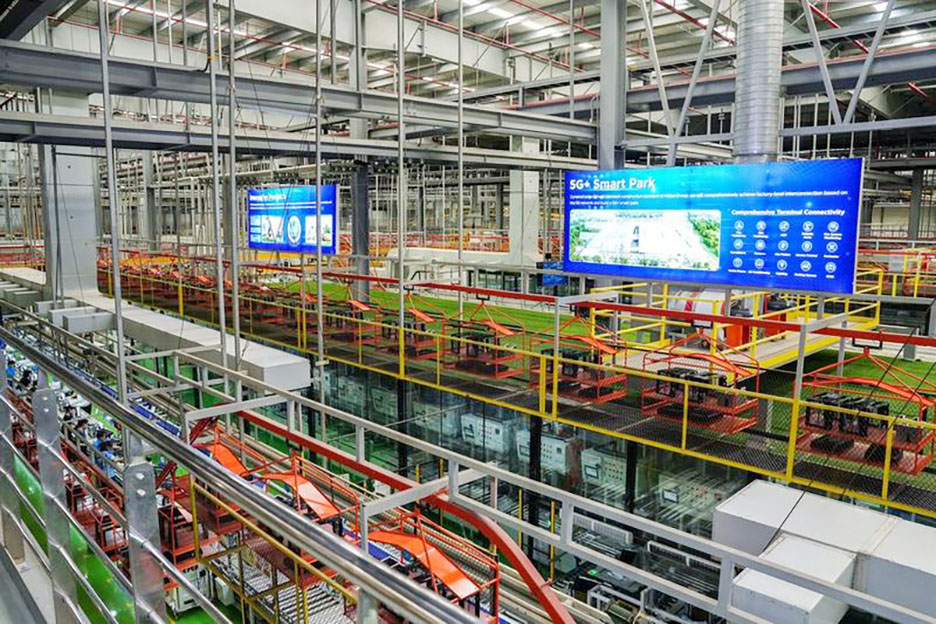This is a photo taken on April 27, 2024, inside the factory of Midea Refrigeration Equipment Thailand in Chonburi province, Thailand. (Xinhua)
BANGKOK – The Lawyers Council of Thailand under Royal Patronage, in cooperation with the Thai-Chinese Journalists Association, organized a seminar entitled “Unveiling and Closing Loopholes in Nominee Structures: Dissecting Thai-Chinese Investment Laws.”
The aim of the seminar on May 24 was to address concerns and uncertainties regarding direct and indirect foreign investment affecting Thailand’s protected professions and small and medium-sized enterprises (SMEs).
Dr. Wichian Chubtaisong, President of the Lawyers Council, pointed out that even in the legal profession, which is protected in Thailand, considerable foreign investment has flowed into legal advice. This exploitation occurs due to loopholes in the Lawyers Act B.E. 2528, which does not extend to legal advisors, making it difficult for the Lawyers Council to take direct action against foreign legal advisors. Instead, government agencies must intervene.

These investors use various tactics to circumvent the law. For example, foreigners who want to get into the real estate business to sell to other foreigners circumvent the subdivision laws by dividing up Thai-owned land and selling it as individual plots for self-development. They also set up companies with foreign directors and business advisors, avoiding the term “legal advisor” due to the protected status of this profession, making them difficult for the authorities to prosecute.
M.L. Phuthong Thongyai, Deputy Director-General of the Department of Business Development, Ministry of Commerce, addressed the misconception that Chinese companies extensively use Thai nominees. In reality, most nominees come from Europe, Singapore, and Taiwan. The department has been consistently tackling this issue.
According to the law, Thais must hold 51 percent of the shares, while foreigners must hold 49 percent. Companies in which foreigners hold the full 49 percent are closely scrutinized as they carry the risk of exceeding the majority shareholding threshold.

Dr. Tharakorn Wutthisatirakul, Chairman of the BRI Institute for Economic and Educational Development Research, explained that foreign companies invest in Thailand because of its favorable geopolitical location. Investments that comply with BOI conditions are not a problem, but companies must generally comply with the 49/51 Joint Venture Act.

Dr. Tharakorn referred to Singapore’s model of allowing 100 percent foreign investment, except in sensitive sectors. He suggested that Thailand could attract significant foreign capital by allowing more than 49 percent foreign ownership, which would reduce reliance on nominee structures.
